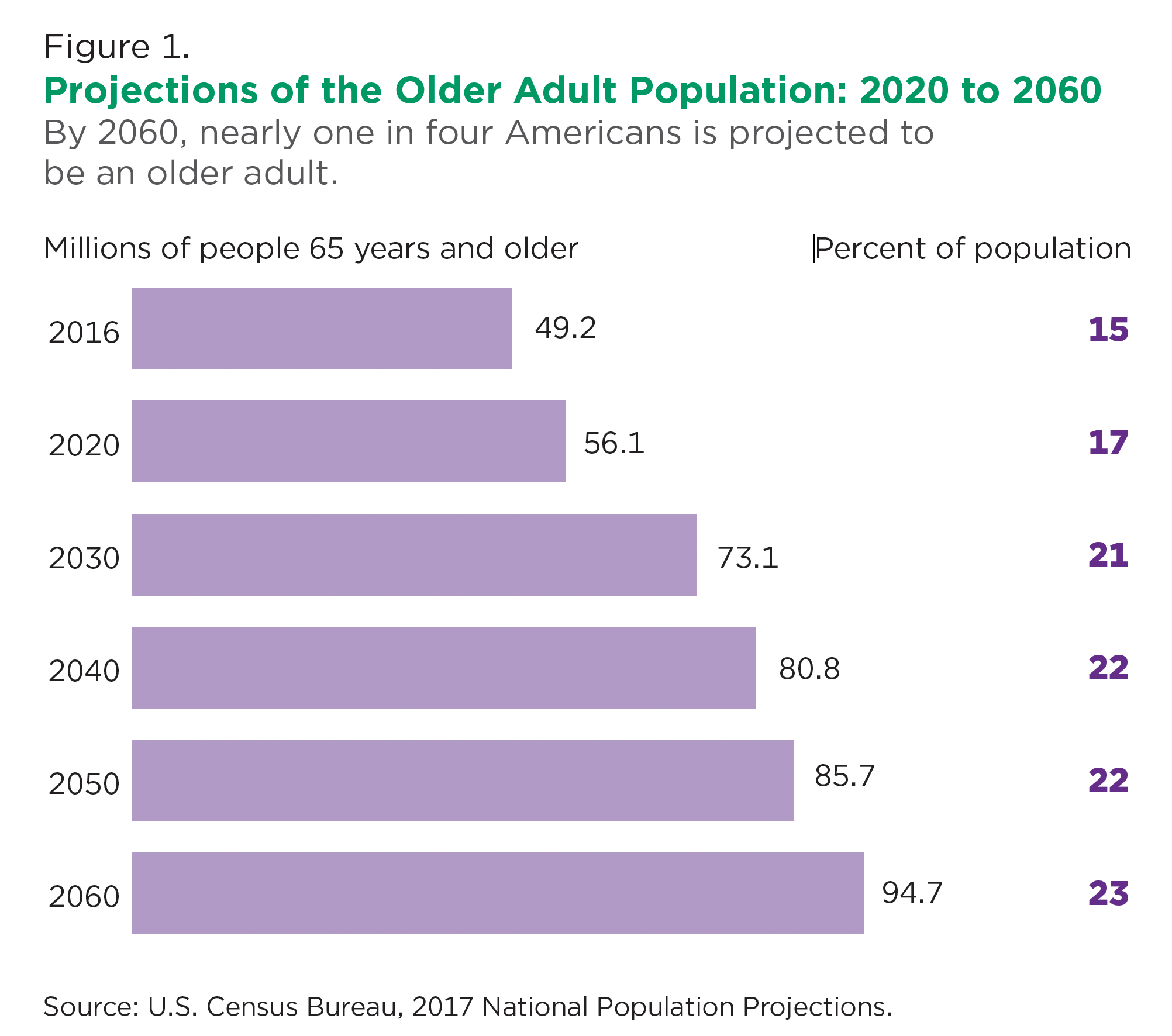By The Clearday Research Team
There are many factors complicating Alzheimer’s and Dementia Care. A global pandemic in recent years has certainly been one of them.
COVID-19 has amplified the feeling of isolation for both caregiver and care recipient. There has been a rise in stress, isolation, and mental health related concerns such as depression and anxiety.
The Impact to the Care Recipient
60% of people living with Alzheimer’s and Dementia feel more isolated since COVID restrictions began. “Extreme anxiety about leaving the house. Dementia causes me to get lost sometimes while walking, driving, etc., and there are very few people out that might help me,” one man said. (Lowe, 2020)
“My husband, who has Alzheimer’s, has lost a significant amount of ground cognitively,” one caregiver wrote in early May. “He requires my constant attention 24/7. He has not been able to go to daycare for 8 weeks now, which gave me some respite. I need a break.”
Care recipients face more accelerated cognitive decline without the multi-method care strategies and social stimulation that were once available before COVID. 70% of caregivers observed decline in loved one’s memory or behavior since COVID began. This is consistent for the last 3 months of surveying. (UsAgainstAlzheimer’s, 2020) “My husband, who has Alzheimer’s, has lost a significant amount of ground cognitively,” one caregiver wrote in early May. “He requires my constant attention 24/7. He has not been able to go to daycare for 8 weeks now, which gave me some respite. I need a break.” (Lowe, 2020)
Patients in long-term care facilities and hospitals face changing policies that exacerbate their cognitive symptoms, isolation, confusion, and agitation (Mok et. al, 2020). A lack of familiar faces from visitors, ample staffing coupled with routine disruption has promoted confusion and agitation amongst patients. Pandemic infection control policies are hard to understand and dementia patients may not obey. There has also been a loss of physical stimulation – social activities and physical exercise – increasing symptom progression.
In Summary
COVID-19 has complicated the way families seek assistance for their loved ones with Alzheimer’s and Dementia. Support for caregivers and patients ranging from mental and physical activity ideas, virtual socialization, daily routine planning, and disease symptom progression monitoring are all vital, especially in times like these. To learn more about Clearday’s full offerings and resources, click here.
To read more about the The Impact of the COVID-19 Pandemic to Caregivers, click here.
This blog and related materials prepared by Clearday, Inc. may use publicly available information including market research, studies or reports by unaffiliated third parties that include market demographics and other relevant market or research information. Such information or a link to such information is available upon request. We do not warrant any such information and do not have information that cause us to believe that any such market research, studies or reports are not correct in all material respects.
